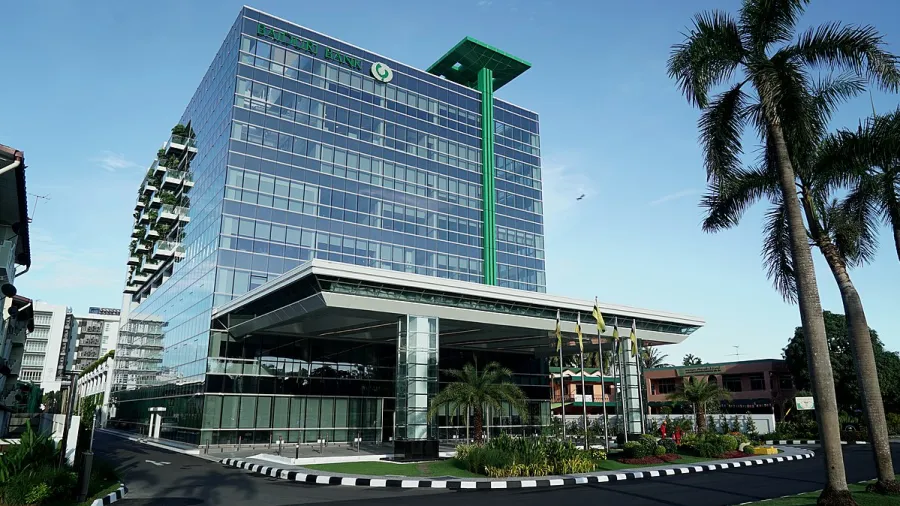
Baiduri Bank’s margins likely tepid in 2021, but with profits satisfactory: S&P
The bank is expected to see moderate credit growth and satisfactory profits.
Brunei’s Baiduri Bank’s net interest margins are expected to remain tepid in 2021 amidst low global interest rates, although the bank’s profitability should be satisfactory and operations will be stable, reports S&P Global Ratings.
The ratings agency revised its outlook from stable to positive, and says that it expects the bank to maintain its capital buffers over the next 12-18 months thanks to the bank’s adequate capital management.
“We believe the bank will see moderate credit growth, satisfactory profitability, and profit retention over the period,” S&P wrote.
S&P estimates that the bank's dividend payout ratio will be up to 35% over the next 12-18 months. It will be supported with the rise of global interest rates in 2022.
Meanwhile, forecasts of the bank’s credit growth books that growth will come between 3-5% over the same period, supported by demand from wholesale customers as the government looks to boost the economy and support local firms through government-linked companies, foreign direct investment projects, the oil and gas sector, and infrastructure development.
Economy is also expected to improve over the next two years, which should support credit demand. According to S&P, Brunei's economic growth will likely accelerate to above 3% in the next two years, supported by stronger energy prices, recovering external demand, the country's continued success in controlling the COVID-19 pandemic, and sustained growth in the petrochemical sector.
In terms of operating costs, Baiduri Bank is also forecasted to maintain a low single-digit increase over the next 12-18 months after a year of belt-tightening due to COVID-related uncertainties and social distancing measures in 2020.
“We expect Baiduri Bank's credit costs to remain range-bound in the next 12-18 months. Domestic growth prospects have improved whilst the share of loans under regulatory forbearance remains low compared with that of peers in the region,” S&P wrote.
Further supporting this is that loans under regulatory forbearance in Brunei have declined substantially in the past few months, and bulk of borrowers have started repayments.
Photo courtesy of Muizzaddin Adnan (Wikimedia Commons)



















 Advertise
Advertise










